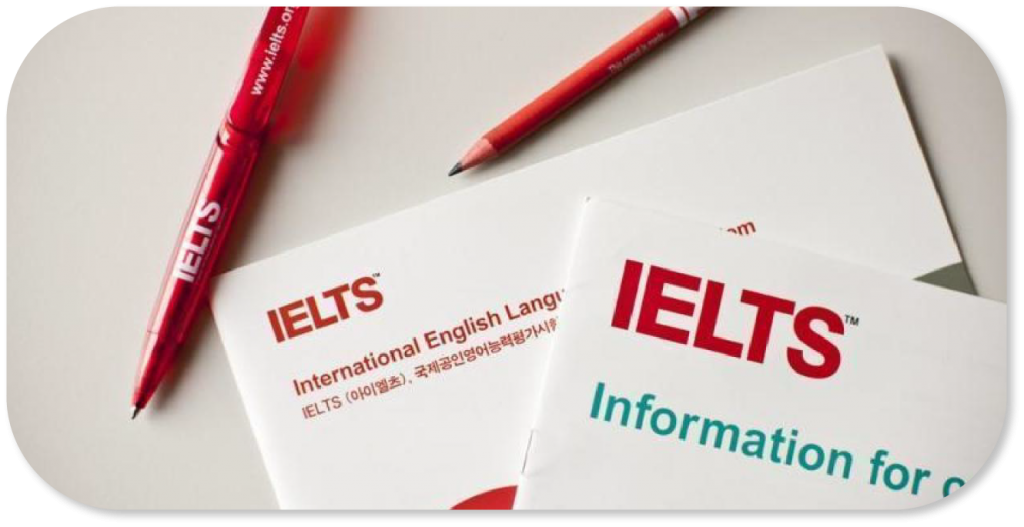
IELTS Assess Young Learners

Evaluating young learners written by Gwendydd Caudwell
Children are very different from adults. Whether at home or at school, they need a lot of attention, play and participation. Therefore, when we ask them to take the exam, it is best to include these content.
When we speak of young learners, we usually mean children between 5 and 17 years of age. This is a very wide age range, so they do not all have the same qualities or behave in exactly the same way. We can think of about three young learners in different age groups, five to eight years old, nine to twelve years old, and thirteen years old and above. In each group, their way of thinking and speaking, the range of attention, and of course, their behavior may be very different. All of these affect their performance in language tests and the types of tasks they like and can complete.
Let’s take a look at children from five to eight years old. Even if they use their native language, they are still learning the world around them, and can speak and write, and master correct grammar. Even if they don’t know how to put them in sentences, they will absorb a lot of new words. They are a bit like parrots. They repeat everything you said. Therefore, the words they do know are a good starting point to show how well they know English. Just as they learn these words by repetition, they can also show how much they know by speaking or even just pointing at pictures. For example, it’s really fun to have kids shout out the word as you slowly show the picture, they won’t even know that they are being tested. This is the ideal way to make them feel comfortable, so you can see how much they know. In addition to having them write individual words, it may not be a good idea to try to test writing skills with people of this age.
Between the ages of nine and twelve, learners’ vocabulary grows rapidly, and they can understand and explain more complex ideas. At the same time, their knowledge of the world is growing, and their attention span is also increasing. But they still like to have fun and play games. Therefore, we must not forget to try to make the task fun and not too long. Their friends are becoming more and more important, so it might be a good idea to have a speech event with friends. They can also do role-playing, such as going shopping, writing a shopping list first, and then asking for things in the store. Copying the various games that children play for your test every day can help you make sure that they feel comfortable doing it, have fun, and are motivated to do the test
Teenagers are going through many changes, and we sometimes forget these changes. Now they are more and more interested in the world around them and like to learn about new cultures, new ideas and lifestyles in different countries, so this is a good topic for reading or writing tasks. Friends are becoming more and more important, and sometimes talking with adults is a bit scary. Therefore, you may want to take an oral test so that they can talk in pairs or groups instead of just talking to an adult. As language development continues into our 30s, there will still be many words that are unknown or confusing to teenagers. So the words tested in this age group should not be the same as the words in the adult test. Although they can now use a higher level of English, it would be better if the test included what they did in school. In addition, they do not have as much life experience as adults, and it is difficult to continue talking. So they still need more support than adults to help them complete an activity.
Each age group has different needs and development speeds. But they all need to have some fun and interesting elements in the language test. Then you can be sure that you are helping them to show their knowledge to the best of their ability.

Related Posts
UPBRINGING, GOOD QUALITIES AND HABITS DEVELOPED THROUGH EDUCATION
- Grape Tree Edu
- July 30, 2021
You can kneel in the mud, but you can’t put the mud on the chest of the whole world, and ..
The Global Influence of the Ontario Secondary School Diploma (OSSD)
- Grape Tree Edu
- February 24, 2024
The Ontario Secondary School Diploma (OSSD) transcends its origins as a mere high school qualif ..
Leave A Comment Cancel reply
You must be logged in to post a comment.

